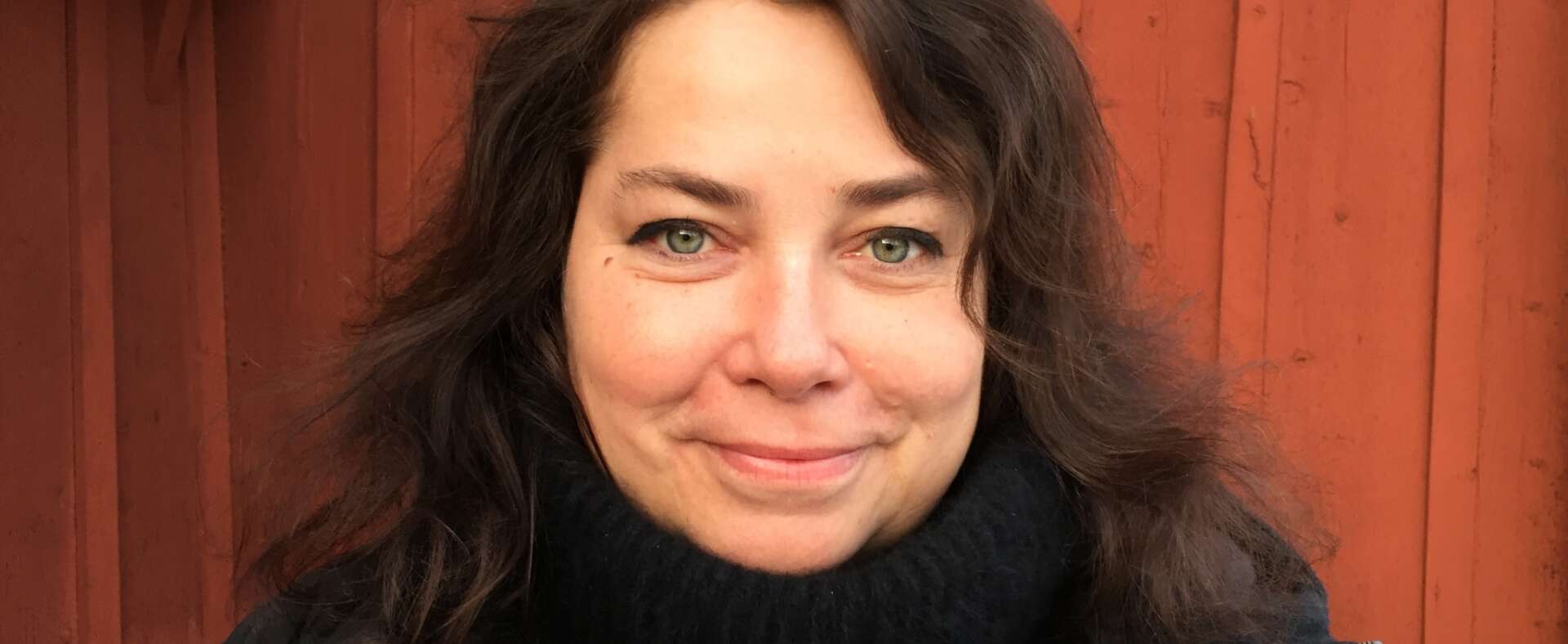WRITTEN BY: Annika Pham
We spoke to the Swedish journalist/director who attended Cannes Classics with the documentary Bergman, a Year in a Life produced by BRF.

We spoke to the Swedish journalist/director who attended Cannes Classics with the documentary Bergman, a Year in a Life produced by BRF.
What made you focus on 1957 in Bergman’s life and career?
Jane Magnusson: I was finishing my other documentary Trespassing Bergman in 2013 and noticed that 1957 was a special year for Bergman. But in my previous documentary there was no place to explore that tremendously productive and intensive year in Bergman’s life. He shot The Seventh Seal, Wild Strawberries, made four stage plays, one TV movie and had a tumultuous private life with six children. Then my producers Mattias Nohrborg, Cecilia Nessen and Fredrik Heinig, asked if I’d like to do a new Bergman movie focusing on 1957. I felt that made sense, as it would be not another Bergman movie, but a completely different film, featuring a very magical year that changed his artistic life. Indeed at the time, he was still a struggling artist, longing for recognition.
The film is based on nearly 50 interviews, rare archive material and animation. What were the biggest challenges?
JM: It was finding the right people who could share their memories of Bergman during that particular year. Gösta Ekman assistant director was alive, his former students Arne Strömberg and Birgitta Pettersson, producer Katinga Farago were also willing to speak. It would have been very difficult to make the film without those persons.
You have uncovered an exclusive interview with his elder brother Dag from the 1980s, at the time banned by Ingmar Bergman, in which he reveals that Ingmar was the favourite son. This contradicts many stories that Ingmar had told about his childhood…
JM: Yes it was fantastic to find that interview. In Sweden, we are attached to Ingmar’s later films, such as Fanny & Alexander and other films about Ingmar’s childhood and he’s always telling the story of his unhappy childhood. Just having another voice, who was around at the time was fascinating. However, Dag Bergman was quite mean to his younger brother. You wonder if in 1980, when the interview was made, he simply continued to be nasty to his brother. Nobody knows where the truth is.
The film does reveal all sides of the man, the less glowing ones including his pro-nazi years during his youth …
JM: Ingmar Bergman did speak about it in his autobiography Lanterna Magica as he was Nazi-sympathiser during 10 years of his life. When in 1946 he saw the concentration camp photos, he thought it was propaganda until he realised his terrible ill-judgment and was horrified. He also mentions this in an interview with Maria-Pia Boëthius later in life. At the time, Bergman was not the only Hitler sympathiser in Sweden. However, he was the only one so open about that. A lot of people still do not believe this was true as he was such an icon. I personally believe he was telling the truth.
The film also shows his amazing power over actors, how he could make make and destroy careers...
JM: Yes some people were destroyed by him, but more people had fantastic careers thanks to him and are louder than the latter. We wanted to hear both sides.
What did you find the most interesting about Bergman that you didn’t know?
JM: The extent to which his work is autobiographical was news to me. There are so many myths about him, and he was good at telling conflicting stories about himself. It was nice to be able to put facts right, and to explain what it was like to be that amazing artist and man. By being honest about himself and his shortcomings, Bergman was able to paint a larger portrait of humanity.
How do you think his complex relationships with his actresses would have been viewed today?
JM: At the time, he was excused, but I’m not so sure it today he would have gotten away with what he did in 1957, because he probably wouldn’t have done what he did then. Today, women have more power. So it’s a kind of unanswerable question.